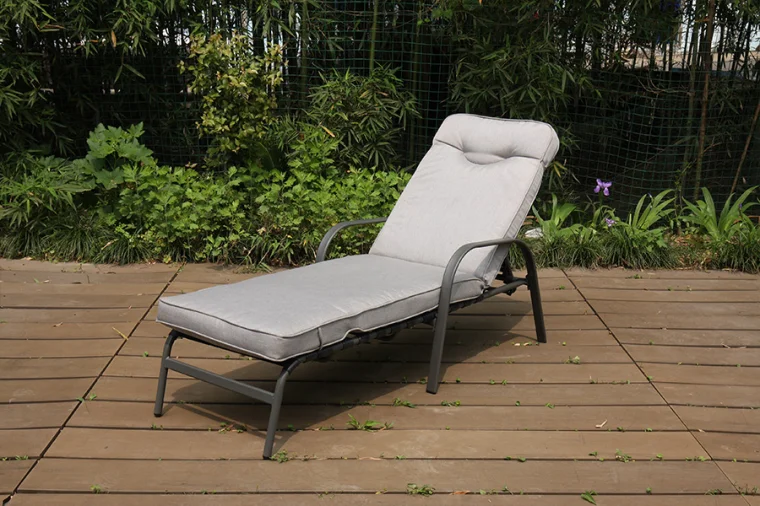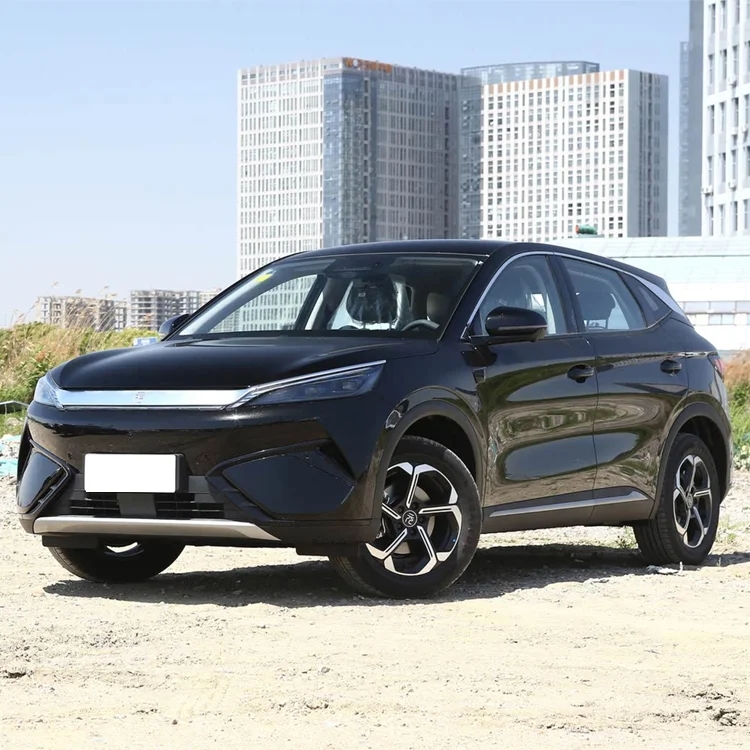When it comes to outdoor adventures, a reliable tent is an essential piece of gear. However, purchasing a brand-new tent can be a significant investment. For budget-conscious campers or those looking to minimize their environmental impact, buying a used tent can be an excellent alternative. But what should you look for when buying a used tent? This guide will delve into the critical factors to consider, ensuring you make an informed decision that meets your camping needs.
- Assess the Tent's Condition
The first step in evaluating a used tent is to thoroughly inspect its condition. Here are some specific areas to focus on:
- Fabric Integrity: Check for any signs of wear, such as fraying, tears, or discoloration. Pay special attention to high-stress areas like the seams and corners. A tent with a compromised fabric may not provide adequate protection against the elements.
- Waterproofing: Test the tent's waterproofing by examining the rainfly and the tent body for any signs of leakage or damage. If possible, ask the seller if the tent has been re-treated with a waterproofing spray, as this can significantly extend its lifespan.
- Zippers and Fasteners: Ensure that all zippers function smoothly and that there are no missing or broken parts. Stuck or broken zippers can be a major inconvenience, especially in inclement weather.
- Check for Complete Components
A used tent may come with various components, and it’s crucial to ensure that all necessary parts are included:
- Poles and Stakes: Verify that the tent comes with all its poles and stakes. Missing components can lead to a frustrating setup experience and may require additional purchases.
- Footprint and Accessories: Some tents come with a footprint (a groundsheet that protects the tent floor) or other accessories like guylines and repair kits. These extras can enhance your camping experience and should be considered when evaluating the tent's value.
- Consider the Tent's Age and Model
The age of the tent can significantly impact its performance and durability. Research the specific model to understand its reputation and any known issues. Older models may lack modern features such as improved ventilation, lighter materials, or better weather resistance.
- Brand Reputation: Some brands are known for their durability and quality, while others may not hold up as well over time. Look for reviews and feedback from other campers to gauge the tent's reliability.
- Warranty and Return Policy: If purchasing from a retailer, inquire about any warranties or return policies. A good warranty can provide peace of mind, especially when buying used gear.
- Evaluate Size and Capacity
When buying a used tent, ensure it meets your specific needs regarding size and capacity:
- Occupancy Rating: Check the tent's occupancy rating to ensure it comfortably fits the number of campers you plan to accommodate. Remember that a tent rated for two people may be cramped for two adults with gear.
- Weight and Portability: If you plan to hike to your campsite, consider the tent's weight. Lightweight tents are easier to carry but may sacrifice some durability. Balance your need for portability with the tent's intended use.
- Inspect for Mold and Odors
Mold and unpleasant odors can be red flags when purchasing a used tent. Inspect the tent for any signs of mold, especially in hidden areas like the seams and corners. A musty smell can indicate that the tent has not been properly stored or maintained, which could lead to further issues down the line.
- Cleaning and Maintenance: If you find a tent that meets your criteria but has a slight odor, consider whether it can be cleaned effectively. Some tents can be washed, while others may require specialized care.
- Price Comparison
Finally, compare the price of the used tent with similar models available in the market. While used tents can offer significant savings, ensure that the price reflects the tent's condition and features.
- Research Market Value: Websites like eBay, Craigslist, and outdoor gear exchange platforms can provide insights into the going rates for used tents. This information can help you negotiate a fair price with the seller.
Conclusion
Buying a used tent can be a rewarding experience, both financially and environmentally. By carefully assessing the tent's condition, ensuring all components are included, and considering factors like size and brand reputation, you can find a tent that will serve you well on your outdoor adventures. Remember, a well-chosen used tent can provide years of reliable service, allowing you to enjoy the great outdoors without breaking the bank. Happy camping!






